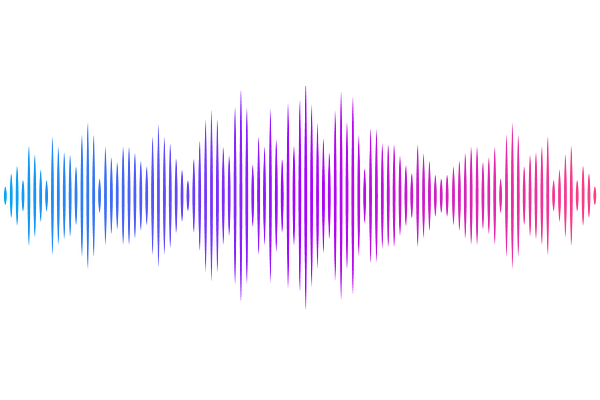Comparing AI and Human Mentoring in Supporting Dental Student Well-being: A Mixed-Methods Study

Comparing AI and Human Mentoring in Supporting Dental Student Well-being: A Mixed-Methods Study
Rath, A.
AbstractBackground Dental education is associated with high psychological distress among students, exacerbated by intensive clinical training and variable institutional support. Traditional mentoring programs mitigate such challenges, yet faculty shortages and resource constraints necessitate exploration of alternative models. Artificial intelligence (AI) platforms such as ChatGPT offer potential supplemental mentoring support; however, their comparative effectiveness in health professions education remains underexplored. Methods This comparative, convergent mixed-methods study was conducted at SEGi University, Malaysia, involving 31 Year 4 dental students receiving human mentoring and 36 Year 5 students utilizing ChatGPT as an AI mentor. Quantitative outcomes were assessed using the Depression, Anxiety, and Stress Scale (DASS-21), the Perceived Mentor Support Scale (PMSS), and the Mentoring Effectiveness Scale (MES). Qualitative data were collected through focus groups and analysis of ChatGPT interaction logs. Statistical analyses included paired t-tests and ANOVA, while thematic analysis was used for qualitative data integration. Results Year 4 students demonstrated significant reductions in stress, anxiety, and depression scores (p < 0.001) and greater improvements in perceived mentor support (p < 0.001) and mentoring effectiveness (p < 0.001) compared to Year 5 students. Year 5 students reported modest gains following ChatGPT mentoring, highlighting strengths in accessibility and immediacy but limitations in emotional resonance. Qualitative themes underscored human mentors superior capacity for emotional attunement, while ChatGPT was valued for availability and practical support. Conclusions While AI-based mentoring via ChatGPT shows promise in enhancing mentoring accessibility, human mentorship remains critical for addressing the emotional and relational needs of dental students. Careful integration of AI tools into hybrid mentorship models could optimize support systems, particularly in resource-constrained educational environments. Future research should explore ethical frameworks and training strategies to enhance empathetic AI mentorship in health professions education.